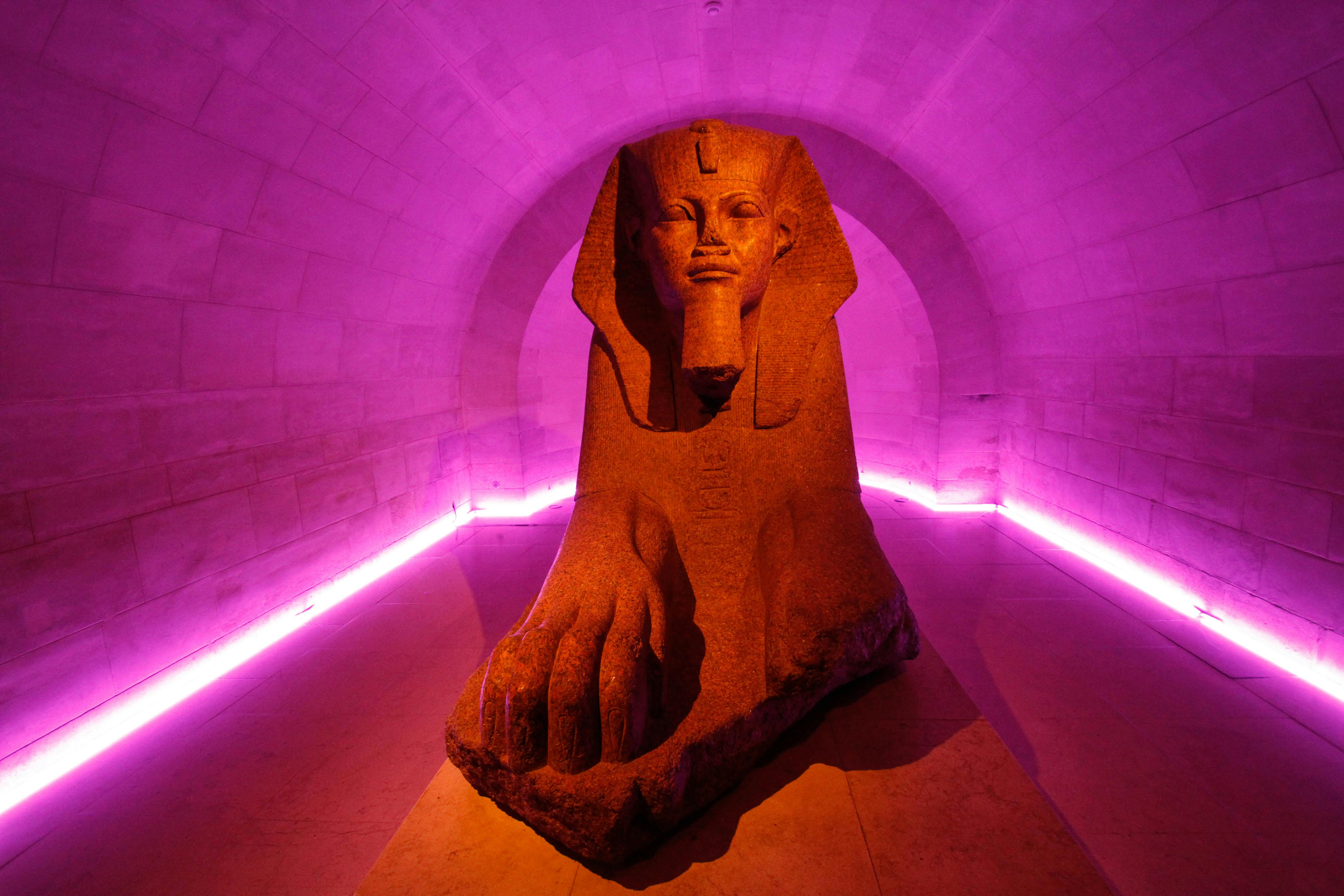
Understanding DC Comics: A Historical Perspective
DC Comics, short for Detective Comics, stands as one of the most significant comic book publishers in history, renowned for its superhero stories and iconic characters. Established in the 1930s, DC has grown into a cornerstone of the superhero genre, bringing beloved figures like Batman, Superman, and Wonder Woman to life. Over the decades, a wide array of comic book series was launched, expanding the DC Universe to include legendary teams such as the Justice League and diverse characters like Green Lantern, Flash, and Aquaman. The influence of DC Comics extends beyond traditional comics, impacting literature, film, and television adaptations, making it a vital part of modern pop culture.
In this article, we will explore the evolution of DC Comics, from its inception to its current status within the comic book industry. We will look at landmark comic book events, discuss key characters and their origin stories, and delve into the relevance of DC Comics in today’s digital age. Through this comprehensive overview, readers will gain a clear understanding of why DC remains a powerhouse in superhero storytelling.
Key takeaways include insights into important comic book arcs like Crisis on Infinite Earths and the overarching themes in the narratives that shape the DC Universe. We will also highlight the pivotal role of comic book artists and writers who have contributed to the legacy of DC Comics. So, let’s embark on this journey and uncover the intricate world of comic book history!
Key Characters That Define the DC Universe
Building on the foundation laid by the DC Comics, key characters shape the narrative landscape, intertwining their stories with the overall universe. Notable superheroes such as Batman, with his dark and complex characterization set against the backdrop of Gotham City, and Superman, who symbolizes hope and justice, appeal to a broad audience. Their contrasting methodologies showcase the diversity within the superhero genre, inviting readers to engage with their stories on various levels.
Batman: The Dark Knight's Legacy
Batman, created by artist Bob Kane and writer Bill Finger, first appeared in Detective Comics #27 in 1939. His origin story, marked by the tragic loss of his parents, propels him into a life of fighting crime. This tragic backstory resonates with fans, making him relatable and emphasizing the theme of resilience. Over the years, Batman has evolved through various comic book arcs and adaptations, contributing to his legacy. From the gritty storylines of the 'Dark Knight Returns' to the more modern interpretations seen in today's comic book series, Batman continues to inspire new generations.
Superman: The Beacon of Hope
Introduced in Action Comics #1 in 1938, Superman, with his iconic blue suit and red cape, embodies the ultimate superhero ideal. As an alien from Krypton, his quest for identity and purpose underscores the immigrant experience, striking a chord with readers. Superman's character development showcases various narrative arcs, such as the exploration of his vulnerabilities in 'All-Star Superman'. This nuanced portrayal adds depth to his character, allowing audiences to appreciate the complexities behind his heroic facade.
Wonder Woman: The Feminine Force
Wonder Woman, a creation of William Moulton Marston, made her debut in All Star Comics #8 in 1941. As one of the first female superheroes, she represents strength and empowerment, challenging traditional gender roles. Incorporating elements of Greek mythology into her backstory enriches her character, resulting in multi-faceted storytelling. Wonder Woman’s evolution through the decades reflects broader societal changes, making her an enduring symbol of feminism and heroism.
DC Villains: A Critical Counterpart
While the heroes shine in their narratives, DC's villains like The Joker, Lex Luthor, and Harley Quinn serve as crucial foils that enhance the complexity of the stories. The Joker, Batman's arch-nemesis, exemplifies chaos and unpredictability, challenging Batman's moral code. Through these antagonists, readers explore themes of power, corruption, and the human psyche, ultimately adding layers to the superhero arcs.
As we examine these characters, it becomes evident that their origin stories and development not only define their roles in the superhero genre but also reflect broader cultural themes. This naturally leads us to explore the major comic book arcs and events that have shaped the trajectory of the DC Universe.

Major Comic Book Arcs and Events in DC History
With these characters firmly established, let's take a closer look at some of the pivotal comic book arcs that have defined DC Comics. These events not only serve as critical plot points within the stories but also help to expand the universe and integrate various characters across series.
Crisis on Infinite Earths: Creating a Unified Universe
Crisis on Infinite Earths, published in 1985, is a landmark series that reorganized the entire DC Universe. The series aimed to address continuity issues caused by the existence of multiple universes. By merging various Earths into one cohesive universe, the event set the stage for character evolutions and adventures, creating a framework for modern storytelling in comics. Readers witnessed beloved characters face great challenges, leading to a deeper understanding of their motivations and powers.
The Death of Superman: A Cultural Phenomenon
Another significant event was 'The Death of Superman' storyline that rocked the comic book world in the early 1990s. The storyline's dramatic climax, where Superman battles Doomsday, captivated audiences and sparked widespread media coverage. This event not only tested the limits of Superman's power but also led to discussions about legacy and mortality in superhero narratives. The aftermath, where various characters take up the mantle of Superman, further enriched the DC Universe.
DC Rebirth: Revitalizing the Legacy
In 2016, DC Rebirth marked a significant renewal for the company, revamping existing characters while introducing new elements to reinvigorate interest in its comic book series. Rebirth aimed to make comics more accessible for new readers while honoring long-time fans. The initiative also emphasized character development, allowing heroes to grapple with contemporary issues, thus making their stories relatable to modern audiences. This revitalization ushered in a new era for DC Comics, boasting captivating narratives and strong visual storytelling.
Modern Comic Book Events: Engaging New Generations
Today, the DC Universe engages with fans through thematic events like Dark Nights: Metal and Death Metal, which incorporate meta-narratives and alternate universe explorations. These arcs challenge conventional storytelling, making space for creativity and diversity in comic book narratives. Engaging newer generations allows fans to experience the richness of comic book history while staying rooted in contemporary themes, ensuring that DC Comics remains relevant in a rapidly evolving market.
The evolution witnessed in these major comic book arcs not only showcases the depth of storytelling within the DC Universe but also reflects broader societal changes. Following this approach, we will now delve into the impact of comic book adaptations across various media.

The Impact of Comic Book Adaptations in Media
Comic book adaptations have become a significant part of DC’s cultural impact, reaching beyond the printed page to influence films, television shows, and even animated series. This evolution provides insight into how stories are reshaped and reinvented for new audiences.
Film Adaptations: Revolutionizing Cinema
DC Comics has produced some of the most iconic superhero films, including the beloved Dark Knight trilogy directed by Christopher Nolan. These adaptations brought a new level of gravitas to superhero narratives, seamlessly blending action with character-driven storytelling. Films like 'Batman v Superman' and 'Wonder Woman' further explored significant themes, enhancing viewers' engagement with the source material while introducing iconic comic book characters to broader audiences.
DC Animated Universe: A Unique Telling
The DC Animated Universe (DCAU), consisting of various animated series and films, uniquely captures the essence of DC characters. This universe introduced viewers to a more approachable rendition of iconic characters, combining rich storytelling with stunning visuals. Works like 'Batman: The Animated Series' and 'Justice League' have garnered critical acclaim for their character development and faithful adaptations of comic book arcs, showcasing the potential of animation to convey complex narratives.
Television Series: Expanding the Universe
Television adaptations, including 'Arrow', 'The Flash', and 'Titans', have expanded the DC Universe, allowing for a more episodic exploration of character arcs and themes. These series provide deeper insights into character developments, challenges, and the dynamics within superhero teams. By integrating multiple narratives, DC’s television adaptations continue to attract a loyal fanbase, highlighting the versatility and enduring nature of their comic book lore.
Transforming Global Pop Culture
Through these various adaptations, DC Comics has transformed its legacy into a multi-faceted brand, influencing global pop culture. Comic book conventions and fandom communities unite fans, celebrating the artistic contributions of comic book writers and artists. The thriving market for comic book merchandise, steadily growing alongside adaptations, demonstrates the enduring appeal of DC characters across different platforms.
As we reflect on the impact of DC Comics across various media, it becomes evident that the narratives crafted within comic pages resonate with audiences everywhere. Finally, let’s consider some common questions related to DC Comics and explore practical insights for both new and seasoned fans.
Frequently Asked Questions About DC Comics
What makes DC Comics different from other comic book publishers?
DC Comics stands out due to its long-standing history and its emphasis on iconic characters and complex narratives. The depth of character development, including thorough origin stories and character arcs, sets it apart from other publishers that may focus on different themes or styles. Additionally, the interconnectedness of its characters within the DC Universe enriches the reader's experience.
How can I start collecting DC Comics?
Starting a collection involves visiting comic book stores, engaging in comic book conventions, and exploring online platforms for purchasing comic book merchandise. Learning about key story arcs and popular series can help collectors identify which issues to seek out. Joining comic book fandom discussions and forums can also guide emerging collectors in their journeys and assist in understanding comic book values.
Are there graphic novels suitable for younger audiences?
Yes! DC offers an array of graphic novels aimed at children and young adults, including adaptations of classic stories and original narratives. Titles such as 'DC Super Hero Girls' target younger readers, making them accessible while still maintaining engaging stories that align with the DC Universe.
What role do comic book conventions play in the fandom culture?
Comic book conventions serve as critical gatherings for fans to celebrate their favorite characters, engage with creators, and participate in discussions about comics. These events foster a sense of community and enable fans to share their passion for comic book narratives, art, and collectibles, significantly contributing to comic book fandom culture.
How has the digital age impacted comic book consumption?
The rise of digital comics and webcomics has transformed how readers access and consume comic book stories. Platforms like DC Universe Online and various digital subscription services have made comic books more accessible than ever. This shift allows for the experimentation of storytelling techniques and reaches a more extensive audience, keeping the superhero genre vibrant in today’s fast-paced world.
Understanding the vibrant and ever-evolving world of DC Comics provides not only insights into its rich storytelling but also a glimpse into its impact on culture and media. As we continue to celebrate these narratives, comic book fandom will undoubtedly thrive for generations to come.